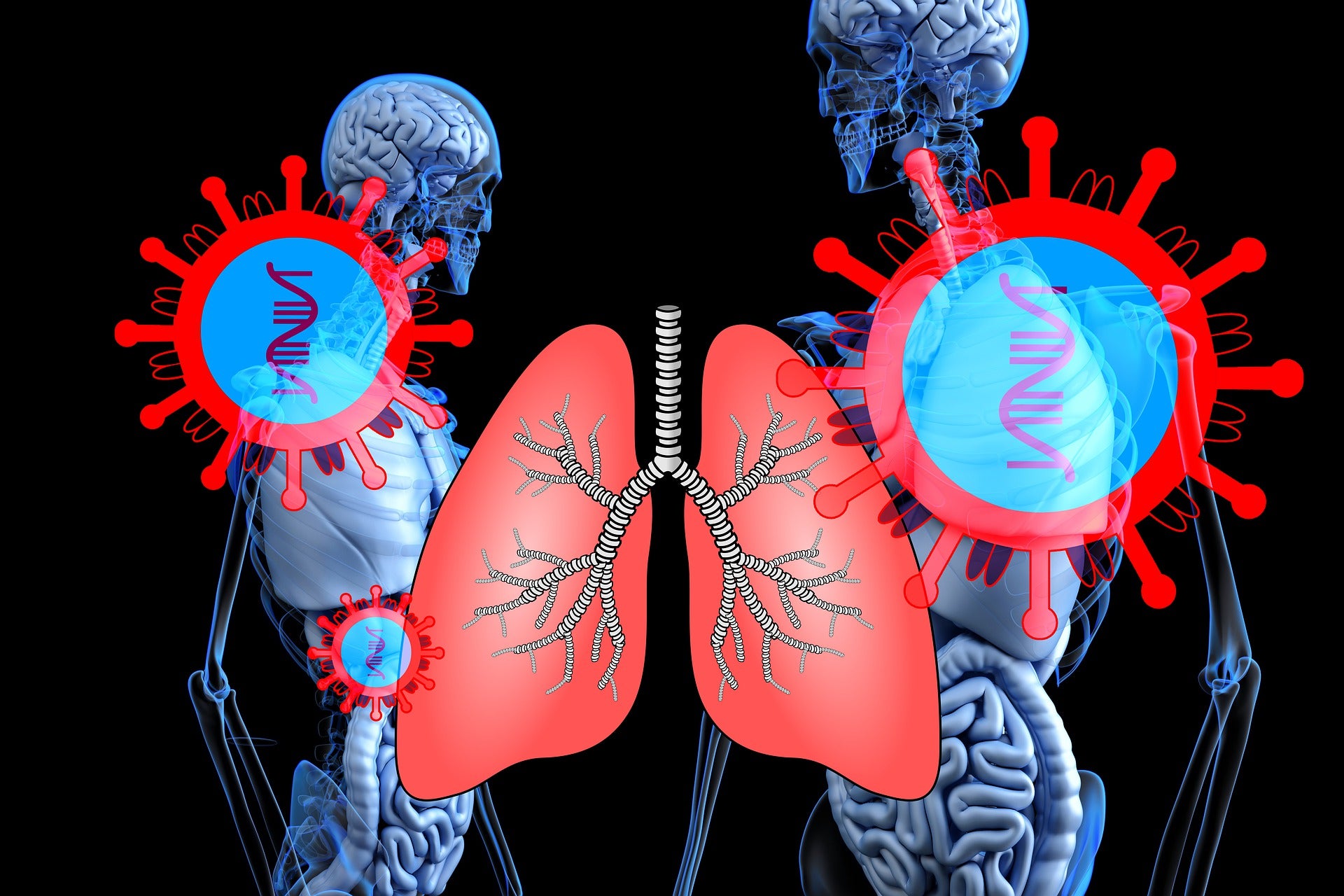
Trevena has reported that the first subject was enrolled in the National Institutes of Health (NIH)-funded ACTIV-4 Host Tissue trial analysing its drug, TRV027, for the treatment of Covid-19.
A selective agonist of the AT1 receptor, TRV027 attaches to and rebalances the receptor’s activation within the renin-angiotensin-aldosterone system (RAAS).

Discover B2B Marketing That Performs
Combine business intelligence and editorial excellence to reach engaged professionals across 36 leading media platforms.
This process hinders the damaging pathway that causes acute lung damage and abnormal blood clotting while stimulating the cellular pathway to enhance lung function and anti-inflammatory effects.
The multi-centre, randomised, placebo-controlled ACTIV-4 Host Tissue trial will analyse four investigational agents that address Covid-19-induced dysregulation of the RAAS and the immune system.
Funded by the NIH unit National Heart, Lung and Blood Institute, the trial will assess the effect of each therapy on recovery, usage of supplemental oxygen, mechanical ventilation requirements, organ failure and death.
It will enrol a total of nearly 1,600 adult subjects at more than 50 centres in the US.

US Tariffs are shifting - will you react or anticipate?
Don’t let policy changes catch you off guard. Stay proactive with real-time data and expert analysis.
By GlobalDataTRV027 is included in the initial launch of the trial with further study arms analysing other agents to be added in the future, Trevena noted.
As part of the trial led by Vanderbilt University Medical Center, TRV027 will be given to nearly 300 subjects.
Trevena president and CEO Carrie Bourdow said: “There is no one solution to end Covid-19 and we are honoured to play a role in the global effort to overcome this pandemic and mitigate its long-term impact on our communities.
“I am excited that patients are now being enrolled in this study and that TRV027 is one of the first active treatment arms available for patient randomisation.”
Currently, TRV027 is being analysed by various institutions to potentially treat acute lung injury leading to acute respiratory distress syndrome (ARDS) and abnormal blood clotting in Covid-19 patients.
The multi-centre, global, randomised, adaptive Phase II/III REMAP-CAP COVID-19 ACE2 RAS Modulation Domain trial is investigating the drug in hospitalised Covid-19 patients.





